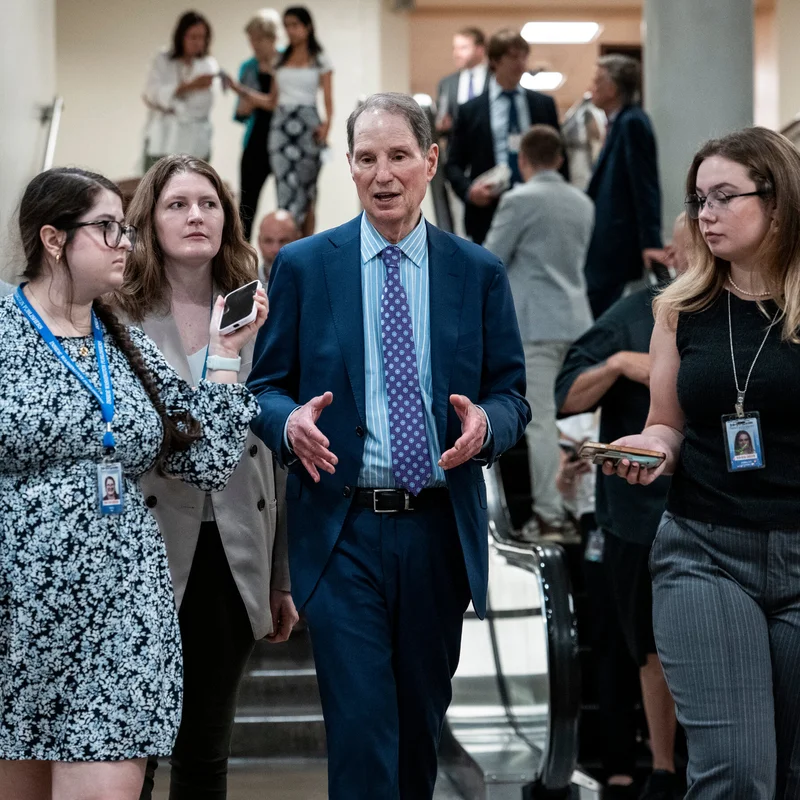Table of Contents
- The FanDuel Takeover
- Who Is Peter Jackson?
- How FanDuel Became a 40% Market Leader
- The Ad Saturation Strategy
- Regulatory Pushback and Public Health Concerns
- What Comes Next for Online Sports Betting?
- Sources
The FanDuel Takeover
If you’ve turned on a TV during football season, scrolled through a podcast feed, or even glanced at a billboard lately, you’ve likely seen a FanDuel ad. The brand is everywhere—and it’s no accident.
As online sports betting expands across the U.S., FanDuel, owned by global gambling giant Flutter Entertainment, has aggressively claimed the spotlight. With over 40% of the American market, it’s not just leading the pack—it’s defining the industry’s playbook.
Who Is Peter Jackson?
Behind FanDuel’s meteoric rise is Peter Jackson, CEO of Flutter Entertainment since 2018. Despite sharing a name with the famed film director, Jackson’s focus is squarely on scaling the world’s largest online gambling operation.
Under his leadership, Flutter has grown into a $14 billion revenue powerhouse (a 19% jump from 2023), with brands like Betfair, Paddy Power, and Sportsbet operating globally. But Jackson sees America as the ultimate growth frontier.
How FanDuel Became a 40% Market Leader
FanDuel’s dominance didn’t happen overnight. After the U.S. Supreme Court overturned the federal ban on sports betting in 2018, states began legalizing wagering one by one. FanDuel moved fast—launching in key markets like New Jersey, Pennsylvania, and Michigan before competitors could catch up.
Today, Flutter reports 16 million average monthly users
The Ad Saturation Strategy
FanDuel’s omnipresence is fueled by one of the most aggressive marketing campaigns in modern consumer history. During major sporting events—especially the NFL season—the brand floods airwaves with celebrity endorsements, risk-free bet offers, and flashy promos.
Analysts estimate FanDuel spends over $500 million annually on U.S. advertising alone. That buys more than just visibility—it builds brand trust in a space historically associated with backroom bookies.
“They’re not just selling bets,” said one industry insider. “They’re selling entertainment, convenience, and the illusion of control.”
Regulatory Pushback and Public Health Concerns
But the blitz hasn’t gone unnoticed. As FanDuel and rivals like DraftKings saturate daily life, regulators and public health advocates are sounding alarms.
States like Massachusetts and New York have introduced stricter ad guidelines, banning ads that target minors or promote “problem-free” gambling. The American Gaming Association now requires responsible gambling messaging in all promotions.
“The normalization of betting is happening faster than oversight can keep up,” said Dr. Lia Nower, director of the Center for Gambling Studies at Rutgers University. “We’re seeing early signs of increased problem gambling, especially among young men.”
What Comes Next for Online Sports Betting?
Jackson isn’t slowing down. With giants like California and Texas still holding out on legalizing online sports betting, he sees billions in untapped potential.
“There’s still a huge opportunity in the U.S.,” Jackson told The New York Times. “As awareness grows and more states come online, we expect double-digit growth to continue.”
Yet the industry’s future may hinge on balance: between growth and responsibility, visibility and regulation, entertainment and addiction risk.
For now, though, if you’re watching a game—you’re watching FanDuel.




